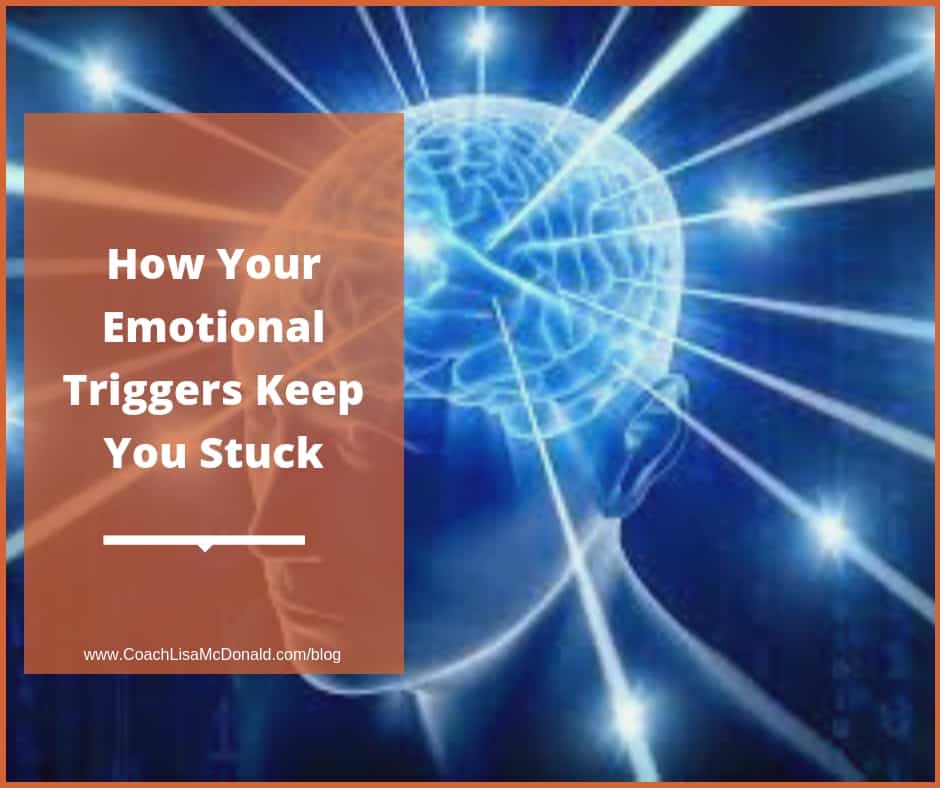What Is Stress?
Stress is the body’s reaction to a change that requires a physical, mental or emotional adjustment or response. It’s a person’s physiological response to an internal or external stimulus that triggers the fight-or-flight response.
This primitive response was designed to aid our ancestors survival by preparing the body to tackle or run away from threats. And as such, served an important purpose – our survival.
How Stress Affects Us
In the wild, once an animal is away from the threat, its body calms and it returns to normal. However humans are different. We differ to animals in our response in two key ways:
- We hold on to our stress. Instead of returning to normal so after the event, humans continue to hold on to the stress. Even when the threat goes away.
- We have the ability to think and reflect. We have the ability to sit back and reflect on what happened, and thus continue the stressful experience. So we only have to do is think about a stressful event, through recall it or anticipating that it will happen, and we feel that same fight or flight stress response.
Accumulating Stress
As a result of the above, we have a great capacity to accumulate stress and this will impact on our ability to achieve our goals. This is especially so in our modern world, with increasing demands and busy lifestyles. Unfortunately, accruing stress can have very real and detrimental effects on your life. From an adverse impact on your physical appearance, to your ability to sleep and direct impact on your internal organs. In fact Bupa Health and Wellness adviser Guy Leech, says that ‘stress is the major factor affecting the physical and mental health of Aussie workers.’
How is your life being affected by stress?
Regardless of who you are or what you do, chances are you spend a lot of time entrenched in the busyness of life. Your daily habits of thinking and acting can keep you stuck in patterns of stress, repeating over and over. Stresses can come from all areas of life including financial, relationships, physical, mental, work and social. And, stress in one area of your life will impact on other areas of your life.
Be proactive in managing your life rather than allowing yourself to stay stuck in patterns of stress which reduce you health and wellbeing, happiness and ability to achieve. Don’t wait until stress starts to cause problems with you mental, physical, spiritual or emotional health before you do something about it. Make sure that you take time out periodically to review your life. Look for areas where there is stress and where you need to make some adjustments, in order to preserve your own wellbeing.
“If you don’t look after your body,
where are you going to live.” – Anonymous
Learn Better Strategies
Remember – In order to live an inspired life, perform at your best and achieve your goals, you need to be in good health.
Therefore, developing strategies to eliminate, minimise and adapt are important aspects of growing your capacity to achieve your desired results – it takes energy and effort. So it’s prudent to learn better strategies for dealing with stress which arise as you work on your goals.
Each Day Is A Fresh Opportunity to Progress Your Goals
Reducing stress in your life, is an important part of freeing up vital energy. And each day is a fresh opportunity to think and act in ways which progress your goals. So take action today to address your stress, free up vital energy, take action and achieve more of your goals.
Where can you reduce stress in your life?
Please share one of your favourite ways of reducing stress in your life below.



Leave a Reply